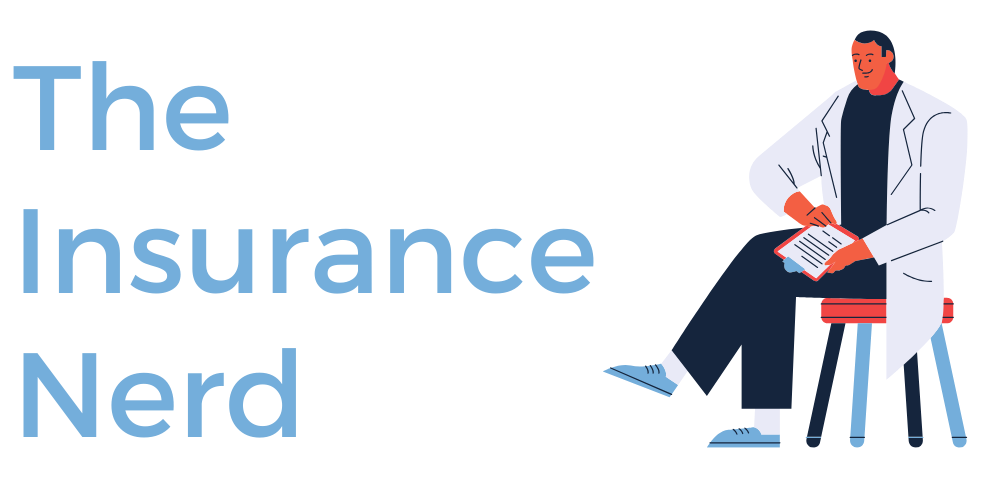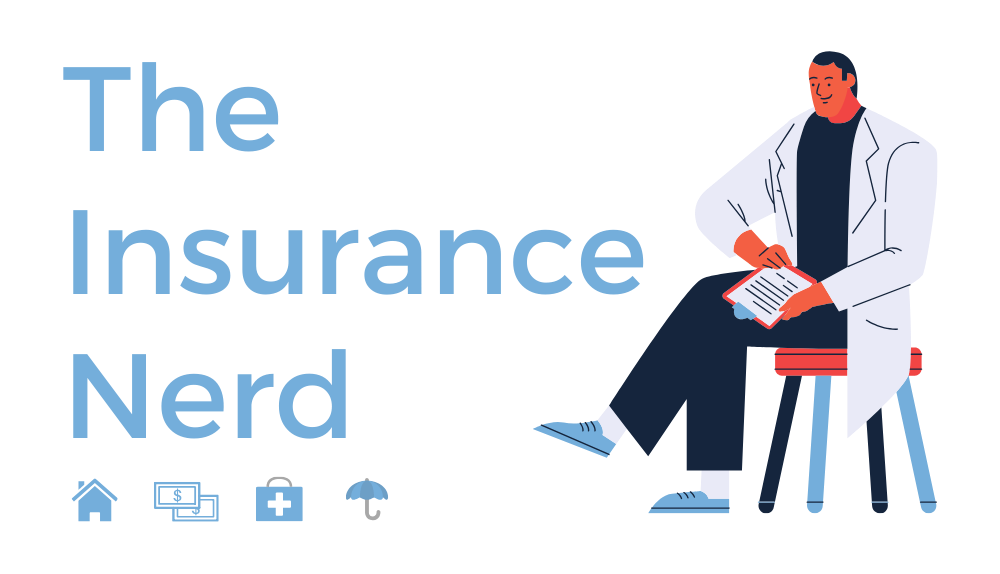As a prospective homebuyer, you may be eyeing the changing interest rates as well as the real estate listings and scratching your head in confusion. Mortgage rates are at an all-time low, which predicts that the total charges for borrowing are shockingly cheap. However, the costs of houses are skyrocketing all over the country. It’s reported recently by the National Association of Realtors.
So it begs the question: to buy or not to buy?
Why Is Now The Best Time To Purchase A House?
Regardless of whether you’re a first-time home purchaser on a tight spending budget or you have an enormous first installment and a six-figure salary, no one likes to lose money when buying land.
Sadly, there’s no straightforward response to whether or not to purchase a home at the present period. For one, land procurement in real-estate varies from one place to another. Thus, even though home estimations keep on ascending in each area, there are extraordinary contrasts among states, urban areas, and even neighborhoods.
Yet, a few pointers homebuyers can plug into their own circumstances to improve how well the existing market and economic conditions meet their goals.
With that said, let’s get into the reasons why now is a good time to buy a house.
Home Sales Are Currently Hot
For people currently working from home (which is most of us anyway), you may want a little bit more room to accommodate your pacing around as you take your corporate calls. This makes buying a home in the current climate a great idea, made even more romantic by the low current mortgage rates. This will mean feeling the inner city’s buzz and treading to the suburban areas for many people.
This is a bonus since the inner city is the recorded hot spot for most COVID cases.
A Move May Be Easier to Manage And Plan For
Since we’re all stuck at home, you won’t have to lie to get time off from work to ship all your possessions to your new home, so this might be the best time to make that big move.
Possibility of Rising Mortgage Rates Due to COVID Vaccine in Future
Currently, mortgage prices are low. However, mortgage owners woke up to Pfizer’s shocking announcement about the vaccine results for the Coronavirus. A successful, effective vaccine means that markets could go back to normal and prices surge. Immediately after the statement was made, mortgage rates were recorded to have spiked up.
If the American government accepts the Pfizer vaccine, then it’s very likely that the mortgage costs will continue to shoot up, increasing by a whole percentage. A vaccine promises a return to the world as we know it, thus restoring economic activity and allowing businesses to resume. When this happens, rates for mortgages are set to rise.
Costs of Houses are Rising
Affordable mortgage rates mean new buyers are continually entering the market – but this won’t improve even if there’s a low-interest rate since the cost of houses is rising exponentially fast. With the vaccine on the way, the economy is predicted to make a quick recovery. And things become expensive all over again.
When this happens, it might leave many prospective buyers with “buyer’s remorse” when they lose out on the opportunity to buy-in. With space running out within the city, most people are being forced to invest in suburban areas. Buying out of fear is dangerous to the market, though – look at what happened when people thought the world was running out of tissue paper.
Rely on New Construction to Assist in House Cost Gains
The affordability of property has remained a problem over the years due to slow residential construction delays. The failure to meet market demands for new homes creates a large gaping hole in the system.
Home construction is currently starting to pick up once more, and the increasing momentum will positively impact the inventory. This is, according to experts, the only thing guaranteed to halt the rapid rise in prices.
Why Not Buy Now
The lineup of cons to deter you from purchasing a home in the current economic climate the world is facing are plenty and valid. Here are some of them to keep you grounded:
You Could Be Retrenched
The decline in economic strength has seen many companies letting go of their workers, putting many families in distress as a result. Worldwide, the current unemployment rates are at an all-time high, and the economy continues to dwindle further. With this uncertainty facing the world, it becomes challenging to make big decisions since there’s no guarantee that the world will make it out anytime soon. Living with the fear that you might get paid off should encourage you to steer clear from making significant financial commitments and decisions like purchasing a home.
The stress of losing your job just after making such an expensive purchase with mortgages to be paid off would be unbearable. Since you might likely be emptying your savings when making the purchase, it’s not ideal to buy a home right now amid the instability.
The Pandemic Has Complicated Home Buying
The Coronavirus has altered the way many industries run, including the real estate industry. Depending on the place you’re from, this could mean that you” be facing more obstacles and problems than seen before along your home purchasing project.
One other major challenge will likely be finding an agent that’ll be able to work with you in person, and virtually viewing a home isn’t wholly reliable. Also, certain heavily locked down regions may make the physical move very difficult since borders have been closed down in attempts to flatten the curve.
Disadvantages of Being In A Seller’s Market
As it stands, the real estate market currently is in the seller’s market, making things pretty complicated for prospective home buyers. The scales are tilted in favor of the seller, ripping off the buyers who purchase right now.
So Should You Buy A House Right Now?
From a seller’s perspective (which is how the market is run anyway), the most logical answer is to say No. wait things out until life returns to normal as we know it, then purchase. Check out Investopedia to determine how they break down the seller’s market and explain how it ultimately affects home purchasing.
What to Consider Before Purchasing Property?
Have you heard of the five-year plan? If not, take a step back before investing your money in a home and educate yourself on it. This is a calculation that reveals how and when you’re most likely to break. That’s even from your closing price. If you move before ten years, it’ll be a loss on your side.
For people planning on a more long-term basis, there is a larger time frame to build and generate equity and make up for the large closing prices. Take care not to get influenced by the mobs – keep the question in your head as to whether you’ll be able to sell the property if it comes to that without making a considerable loss.
One way to determine if you can afford the property you’re interested in is to look at the tax costs, as well as the insurance and necessary repairs. Add these to the mortgage, which will be affected by your credit score, the type of loan you apply for, and your total down payment.
In Conclusion
The pandemic has built up a static, exciting situation for prospective home buyers. While mortgage prices are at an all-time low, it’s critical to adequately balance out what pros you stand to benefit from and the cons that could work against you.
Prospective home buyers pondering the question are now a good time to buy a home and weigh the points we raised and decide what works for them.
When you consider purchasing a home in the present climate, check out Forbes’ COVID-19 resource aides to know more about the options you have.
Did you find this article helpful? We have a lot more to help you with your queries. Check out our other articles on real estate:
- Renovate Your Dream Home With Ease: Here Are 7 Tips To Do It Efficiently
- Review Of Better Mortgage: A Smart Online Mortgage Lending
- What Is A Mortgage? Your Guide To Understand The Basics
Do you have other thoughts or points you think could sway other prospective home buyers? Don’t hesitate to reach out and comment below on what else to consider when contemplating buying a home in the current economic climate.





